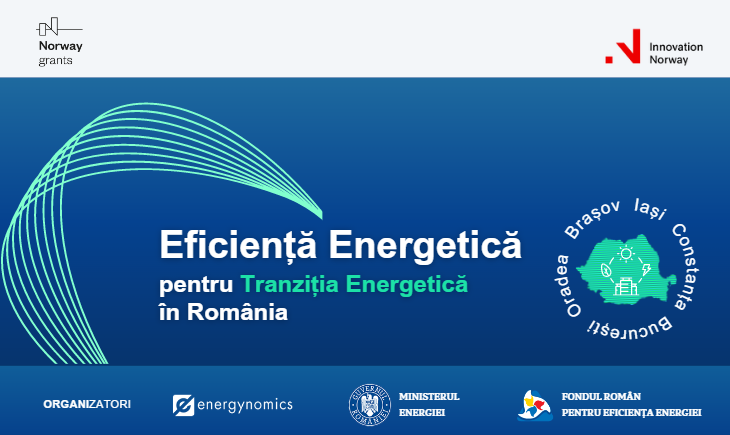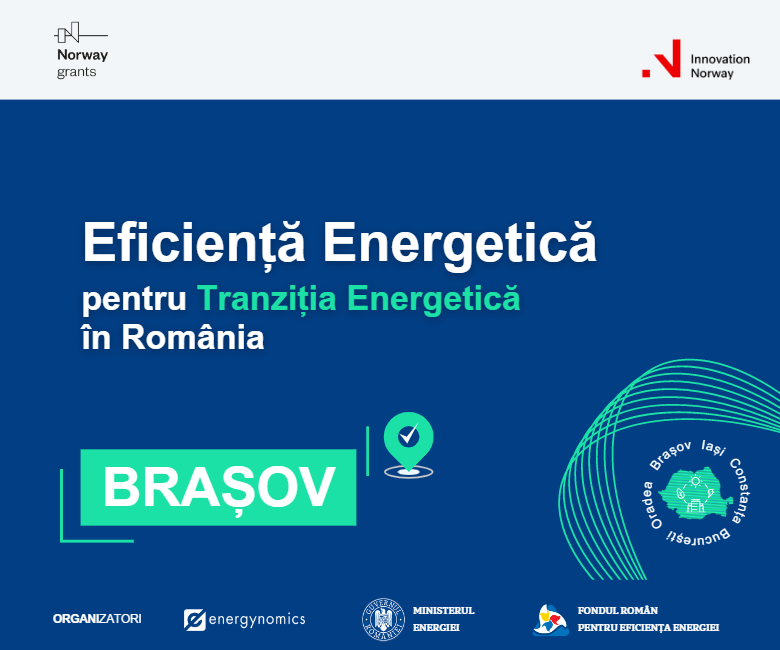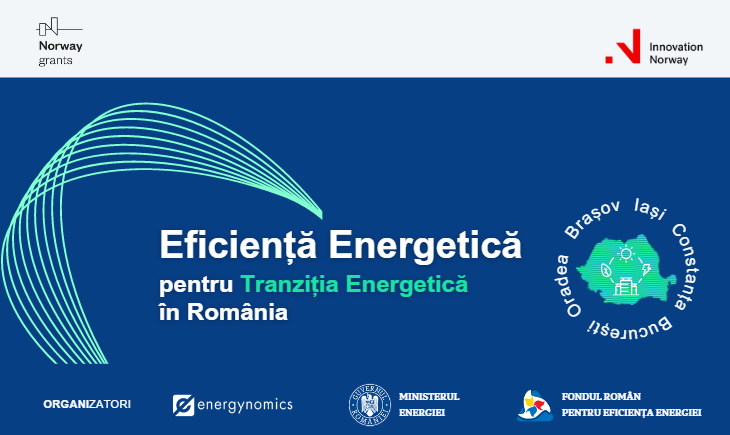
a
Overall objective
We aim to positively influence the attitude and behavior of decision-makers in public authorities and companies – from start-ups and SMEs to the largest enterprises – on the need and benefits of implementing energy audits, with examples of actions and technologies to increase energy efficiency, from generation to monitoring and consumption, through automation and digitalization.
About the project
For the 7th year in a row, Energynomics organizes a nationwide media campaign for digitalization and energy efficiency.
In 2023, the campaign will run in Romanian, under the title “Energy Efficiency for Energy Transition”, and will involve, alongside the communication platform Energynomics, the Romanian Fund for Energy Efficiency – FREE and the Directorate for Energy Efficiency in the Romanian Ministry of Energy. Concretely, we will carry out four types of actions:
- public conferences
- specialized workshops
- Summer school for young people
- public communication
Thematic workshops
Energy efficiency, from opportunity to reality
Trainer: Dr. Andrei Ceclan, professor, senior energy consultant
The course aims to present case studies of opportunities and realized energy efficiency projects in industry and at the local level, focusing on key outcome indicators, including measured and verified impacts, financial and human resources committed, barriers and how to overcome them, and lessons learned.
Energy efficiency and energy transition for the local administration sector
Trainer: Dr. Corneliu Rotaru, senior expert energy efficiency
The course presents the basic concepts and guidelines of national and European policy in the field of energy transition and aims to increase the capacity of local authorities for the necessary actions and use of technologies for increasing energy efficiency and for the energy management of localities. It will address topics such as databases and digitalization, new cooperation mechanisms between TAUs and energy communities to reduce the costs of investment preparation, and contracting of energy services, as well as new approaches to identify energy efficiency solutions (e.g. decentralized generation, smart metering, cost allocators).
Sources and schemes for financing energy efficiency projects
Trainer: Adrian Ghiță, Executive Director of the Romanian Fund for Energy Efficiency (FREE)
The course presents the main funding mechanisms available at national level for projects proposing energy efficiency and renewable energy solutions. It will present the factors that influence project indicators and their relevance in increasing the chances of accessing several sources of funding in parallel, either separately or through the integration of a complex financing scheme.
Brașov – May 11-12

Photo by Adrian Dascal on Unsplash
Oradea – Jun 20-21
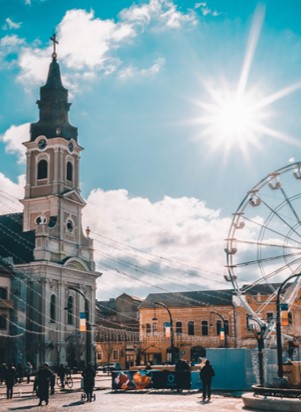
Photo by Sebastian Dumitru on Unsplash
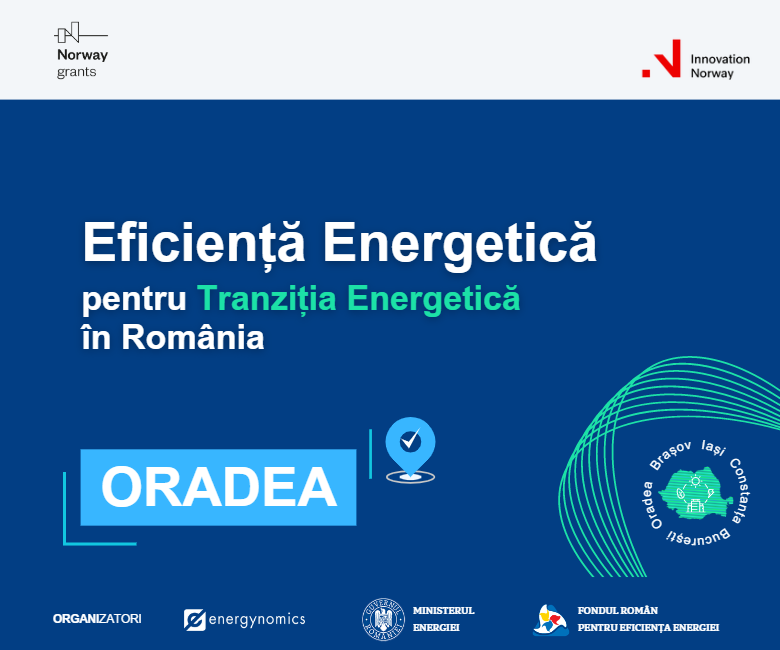
Constanța – Sep 14-15

Photo by Pirvu Alex on Unsplash
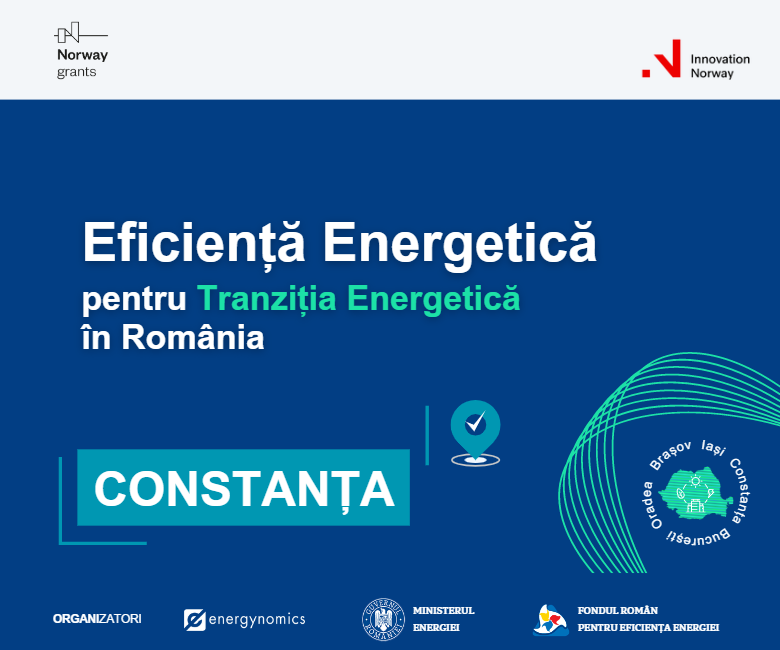
Iași – Oct 19-20
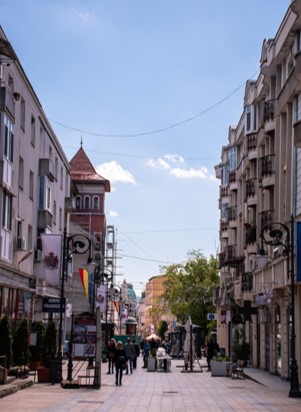
Photo by Teodora Constantinescu on Unsplash
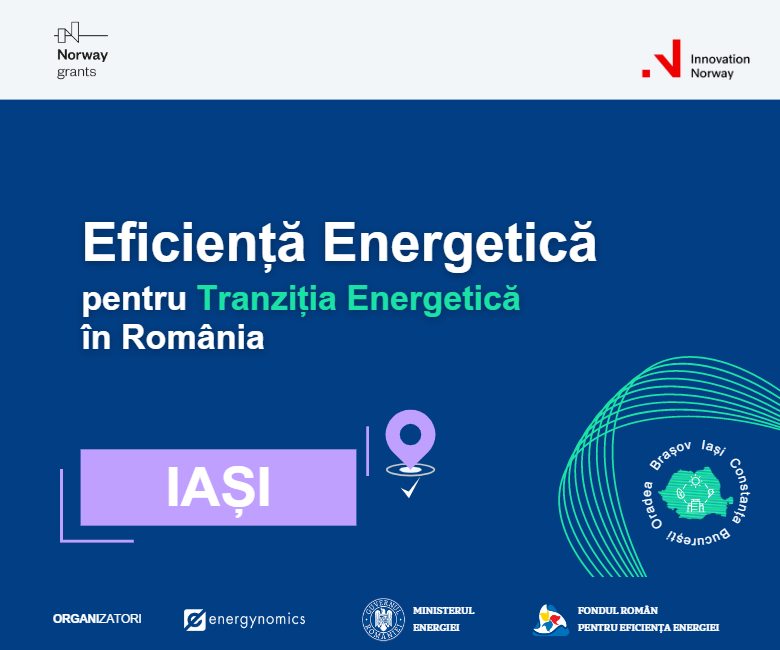
București – Nov 16-17

Photo by Dan V on Unsplash
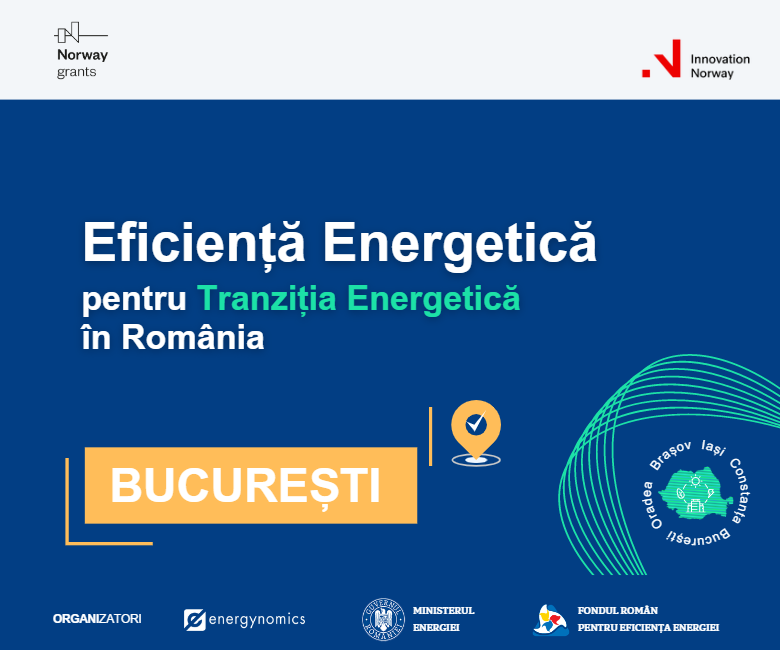
Partners for this project

SC Wing Media Energy Consulting SRL (Energynomics)
A Romanian-based SME established in 2012, Wing Media Energy Consulting is the owner of the Energynomics brand and all related brands, including the well-known Spring Cocktail, Energy Strategy Summit, Energy Breakfast Club, Energynomics Awards. As a media agency specializing in the national and regional energy industry, Wing Media Energy Consulting operates through Energynomics, as its core brand, and through its communication platform (website, printed magazine, own events) to provide information, insights, profiles and networking opportunities for managers, specialists and engineers in the Romanian energy industry.

The Romanian Fund for Energy Efficiency – FREE
The Romanian Fund for Energy Efficiency – FREE is a public interest entity, with legal personality, independent and financially autonomous, created on the basis of the Grant Financial Assistance Agreement between Romania and the International Bank for Reconstruction and Development. FREE acts as an implementing agency of the Global Environment Facility and has been financing energy efficiency projects in Romania since 2002.

Ministry of Energy, through the Directorate for Energy Efficiency – DEE
The Directorate for Energy Efficiency – DEE is a public authority within the Ministry of Energy, structure for energy efficiency with tasks, at central public authority level, on the development and approval of primary and secondary policies and legislation in the field of energy efficiency in industry.
Innovation Norway
The project is supported by the Norway Grants 2014-2021, in the frame of the “Energy Efficiency for Energy Transition” in Romania program.
The program benefits from a € 200,000 grant from Norway.
The goal of the program is to raise awareness of energy efficiency and renewable energy in the general public, industrial environment, and public authorities, to inform, educate, trigger awareness and empower the decision-makers in the Romanian public authorities and companies, as well as the general public, with a focus on the young generation, to take positive actions for contributing to the green energy transition, through energy efficiency and secure integration of renewable energy.
Norway Grants
The Norway Grants and the EEA Grants represent Norway’s contribution towards a green, competitive and inclusive Europe. Through the Norway Grants and the EEA Grants, Norway contributes to reducing social and economic disparities and to strengthening bilateral relations with beneficiary countries in Central and Southern Europe and the Baltics. Norway cooperates closely with the EU through the Agreement on the European Economic Area (EEA). Together with the other donors, Norway has provided €3.3 billion through consecutive grant schemes between 1994 and 2014. Norway Grants are financed solely by Norway and are available in the countries that joined the EU after 2003. For the period 2014-2021, the Norway Grants amount to €1.25 billion. The priorities for this period are:
#1 Innovation, Research, Education, Competitiveness and Decent Work
#2 Social Inclusion, Youth Employment and Poverty Reduction
#3 Environment, Energy, Climate Change and Low Carbon Economy
#4Culture, Civil Society, Good Governance and Fundamental Rights
#5 Justice and Home Affairs
Please visit www.norwaygrants.org and www.innovasjonnorge.no/enfor more information about Norway Grant and Innovation Norway.
